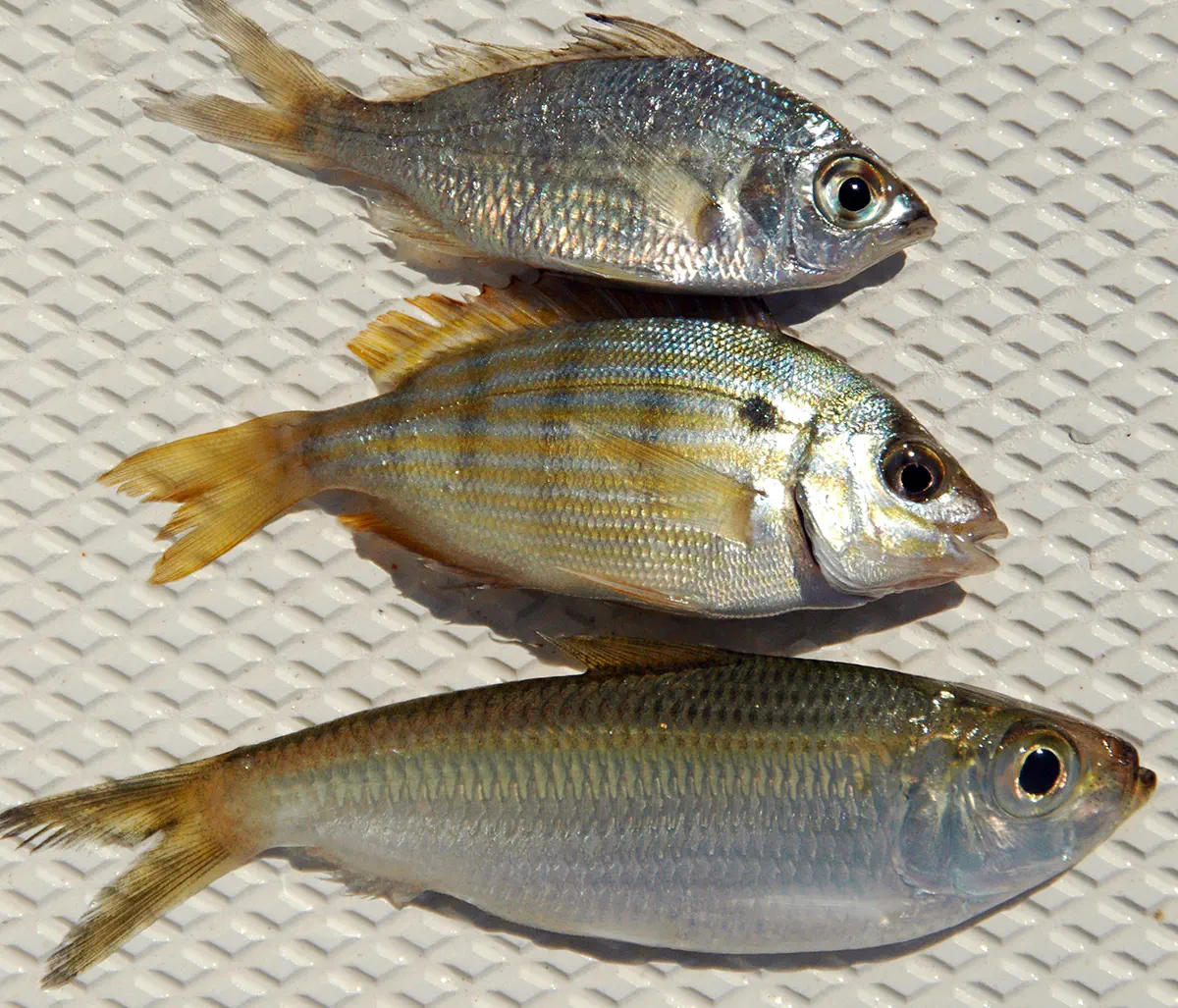Community dynamics of estuarine forage fishes
 Image credit: Florida Sportsman
Image credit: Florida SportsmanForage fishes are an important component of marine, estuarine, and aquatic food webs that facilitate the transfer of energy and nutrients from primary producers to upper trophic levels. Previous studies of forage fishes have focused primarily on pelagic planktivorous species in pelagic environments. However, benthically associated taxa can be just as important as planktivorous species, particularly in highly productive estuarine environments that provide critical habitat for many predators. In this study, we analyzed a 20-year forage fish community composition and abundance dataset across four eastern Gulf of Mexico estuaries spanning a broad latitudinal gradient to investigate spatiotemporal variability in community structure and quantify associations with habitat. Our analyses revealed significant regional structuring of forage fish communities, coupled with a strong association with habitat characteristics related to latitudinal effects and basal resource regime. Communities in the two northern estuaries and two southern estuaries were associated primarily with planktonically reliant and benthically reliant taxa, respectively. Despite regional differences, we uncovered a coherent annual cycle in forage fish communities across all estuaries related to seasonal shifts in abundances of several abundant and ubiquitous species. We additionally revealed significant subdecadal periodicity potentially associated with bottom-up effects of global climatic cycles. The significant association of forage fish communities with habitat regime shown in this study underlies the importance of continued monitoring of these communities. This study represents a novel approach to assess this critical ecosystem component in diverse estuarine systems globally.